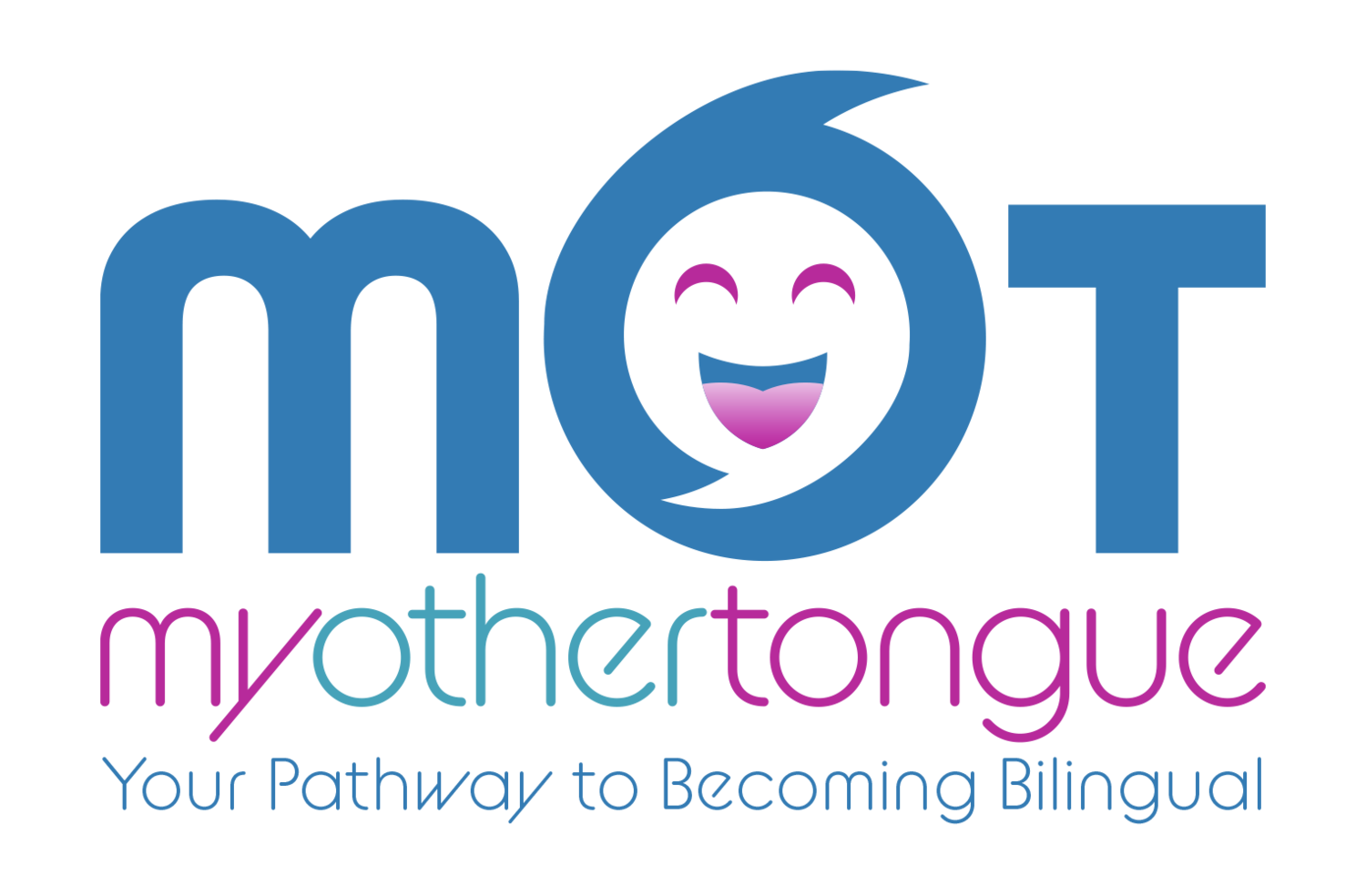 Image 1 of 1
Image 1 of 1


Modern Language Spanish Level 1 - Class Starts January 2026
Building Real-World Communication Through Culture, Identity, and Connection
This introductory Spanish course invites beginner learners to build foundational language skills through real-world tasks and culturally rich themes. Aligned with Georgia Performance Standards (GPS), ACTFL and CEFR standards, students will engage in meaningful communication across the four language domains—listening, speaking, reading, and writing—while developing intercultural competence and critical thinking.
Through interactive modules and guided inquiry, learners will explore global themes such as identity, family, community, and contemporary life. Each unit is designed to support functional language use in everyday contexts, preparing students to navigate Spanish-speaking environments with confidence and curiosity.
Course Length: 14 Weeks Format: Hybrid (Asynchronous + Live Sessions) Prerequisite: None / Some Spanish Experience Target Proficiency: Novice Mid → Novice High / Intermediate Low (ACTFL) CEFR Alignment: A1 → A2
Module Themes & Tasks
Module 0: Spanish Basics
Build essential vocabulary and pronunciation
Practice greetings, numbers, and classroom expressions
Engage in simple exchanges using memorized phrases
Module 1: La Presentación Personal – Personal Presentation
Introduce self and others (name, age, origin, personality)
Describe physical traits and preferences
Ask and answer questions about identity and routines
Module 2: Somos Familia – We Are Family
Describe family members and relationships
Talk about where people live and what they do
Compare and contrast family structures across cultures
Module 3: En el Restaurante – At the Restaurant
Order food and express preferences
Role-play dining scenarios and interpret menus
Discuss cultural norms around meals and hospitality
Learning Outcomes
By the end of the course, students will be able to:
Engage in basic conversations about self, family, and daily life
Ask and respond to informational questions
Interpret simple spoken and written texts
Describe people, places, and routines using learned vocabulary
Compare cultural practices and reflect on personal identity
Demonstrate Novice High / Intermediate Low proficiency through task-based assessments
Building Real-World Communication Through Culture, Identity, and Connection
This introductory Spanish course invites beginner learners to build foundational language skills through real-world tasks and culturally rich themes. Aligned with Georgia Performance Standards (GPS), ACTFL and CEFR standards, students will engage in meaningful communication across the four language domains—listening, speaking, reading, and writing—while developing intercultural competence and critical thinking.
Through interactive modules and guided inquiry, learners will explore global themes such as identity, family, community, and contemporary life. Each unit is designed to support functional language use in everyday contexts, preparing students to navigate Spanish-speaking environments with confidence and curiosity.
Course Length: 14 Weeks Format: Hybrid (Asynchronous + Live Sessions) Prerequisite: None / Some Spanish Experience Target Proficiency: Novice Mid → Novice High / Intermediate Low (ACTFL) CEFR Alignment: A1 → A2
Module Themes & Tasks
Module 0: Spanish Basics
Build essential vocabulary and pronunciation
Practice greetings, numbers, and classroom expressions
Engage in simple exchanges using memorized phrases
Module 1: La Presentación Personal – Personal Presentation
Introduce self and others (name, age, origin, personality)
Describe physical traits and preferences
Ask and answer questions about identity and routines
Module 2: Somos Familia – We Are Family
Describe family members and relationships
Talk about where people live and what they do
Compare and contrast family structures across cultures
Module 3: En el Restaurante – At the Restaurant
Order food and express preferences
Role-play dining scenarios and interpret menus
Discuss cultural norms around meals and hospitality
Learning Outcomes
By the end of the course, students will be able to:
Engage in basic conversations about self, family, and daily life
Ask and respond to informational questions
Interpret simple spoken and written texts
Describe people, places, and routines using learned vocabulary
Compare cultural practices and reflect on personal identity
Demonstrate Novice High / Intermediate Low proficiency through task-based assessments

